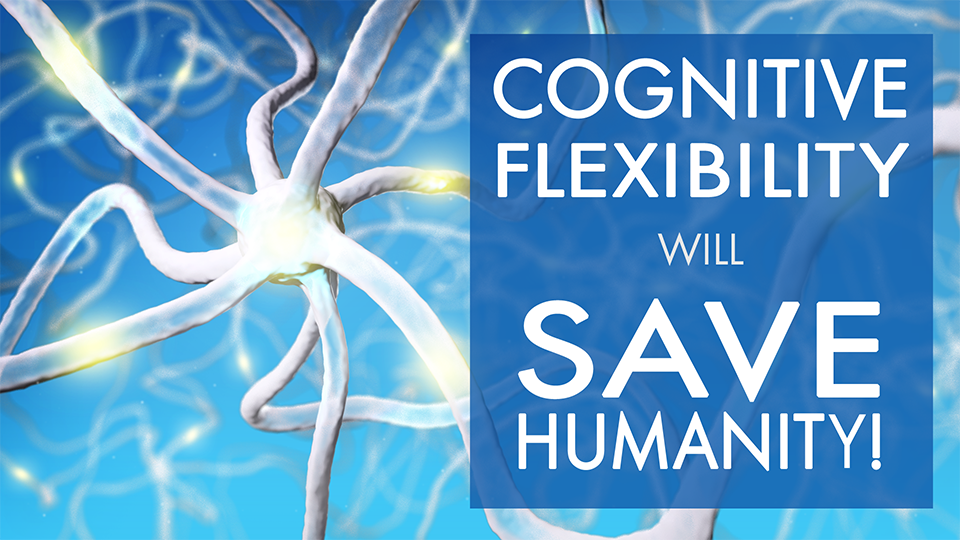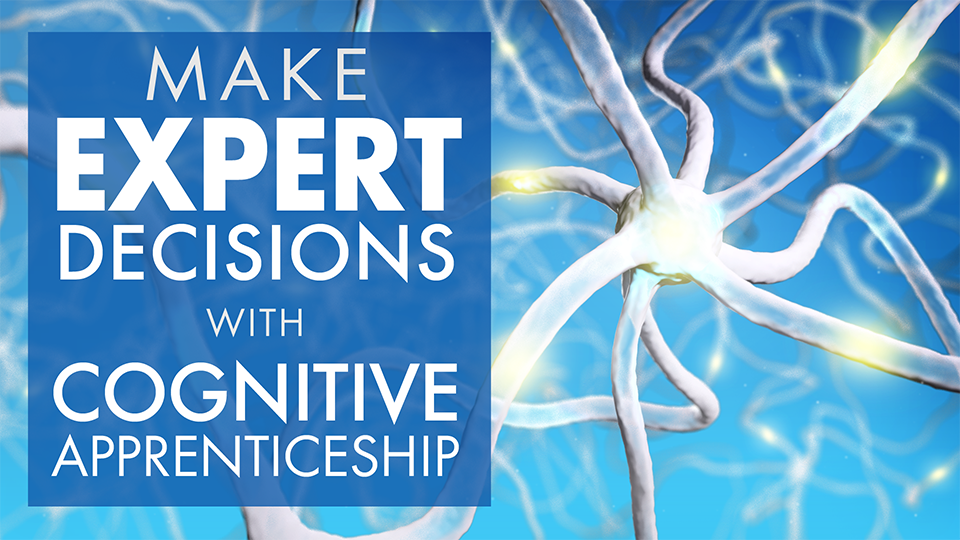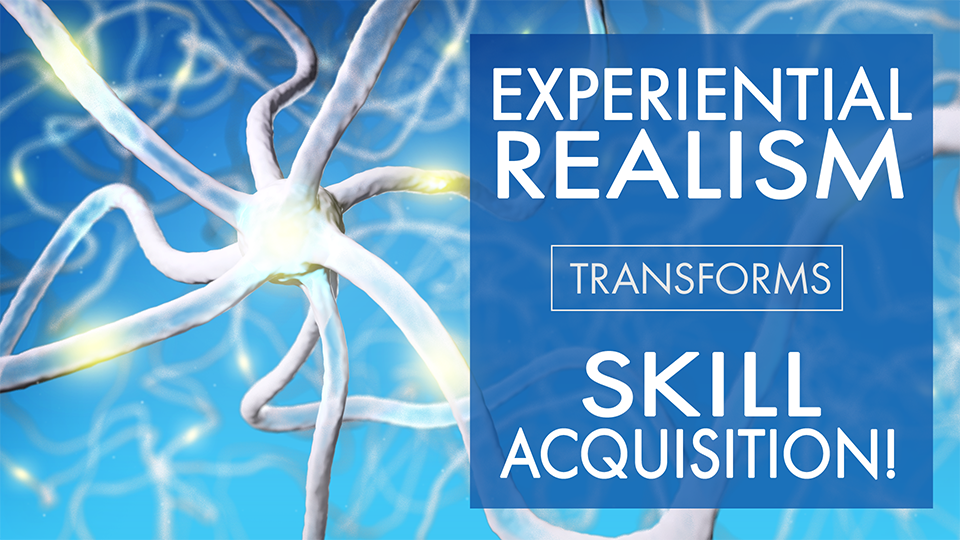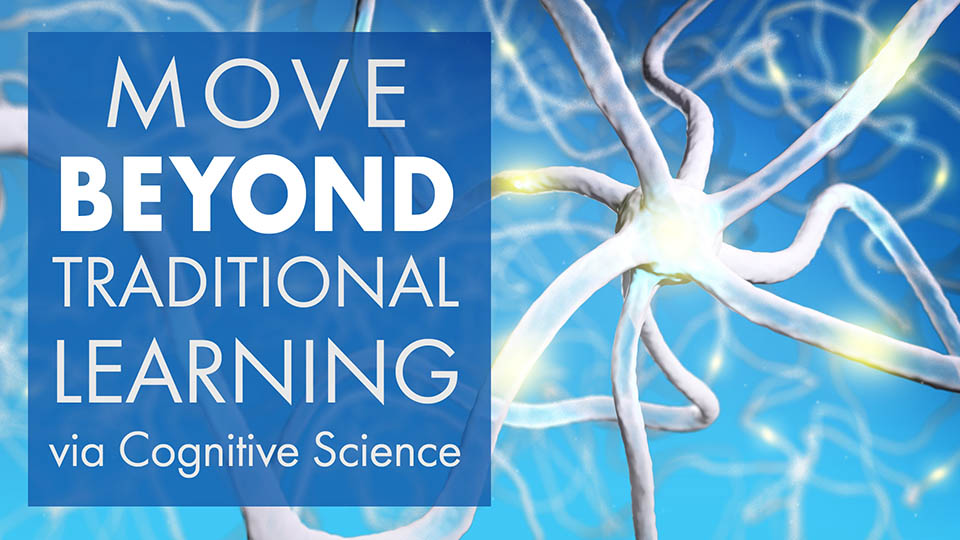Humans are still the best pattern-recognition machines on the planet! (At least for now.) Yes, we have suffered losses to man-made machine, in Jeopardy, chess, and recently the game Go. But we recognize complex patterns in everyday life and transform them into actionable steps, in ways that machines cannot.
What’s our secret? Cognitive Flexibility. This trait allows us to diagnose, design, and problem-solve in highly unstructured situations where “rules” do not yet exist.
So, if we humans are so good at this cognitive flexibility thing, how can we use it to develop more effective learning programs?





